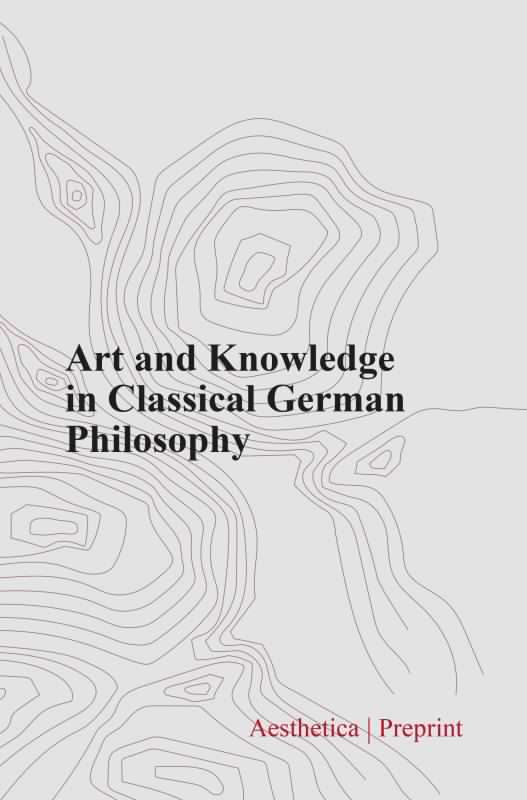hegelpd takes a summer holiday. In this period we will be sharing recent essays and reviews by our research group.
We are glad to share the article Kant and the cognitive value of poetry by Gabriele Tomasi. This article was published in the journal «Aesthetica Preprint» (vol. 116, 2021).
Abstract
In light of Kant’s conception of taste, it is rather natural to assume that our aesthetic appreciation of artworks should focus on their formal features. As a matter of fact, Kant acknowledges that part of the significance that beauty and art have for us depends on their relationship to central interests of reason. Nevertheless, he seems to draw a clear distinction between aesthetic value and other kinds of value, such as cognitive and moral value. Therefore, it might seem that art cannot have (and should not be experienced as having) any further end beyond the pleasure of reflection. For this reason, Kant would be an autonomist. However, in this paper I argue that careful consideration of how Kant describes the experience triggered by artworks reveals that he is actually an aesthetic cognitivist, though a moderate one. I suggest that the distinctive kind of pleasure that artists aim at producing, and the audience seeks to enjoy, can be achieved only if artworks embody representations of the imagination that occasion processes of thought. Even if artists’ intentions and the audience’s expectations in approaching an artwork are not cognitive, it seems that the appreciation of form cannot be isolated from significance, and that cognitive value contributes to the overall artistic value of a work. In the paper, I defend this claim with regard to poetry, but argue that it can be extended, to different degrees, to other arts.
You can download the pdf of the text by clicking on the button below.

